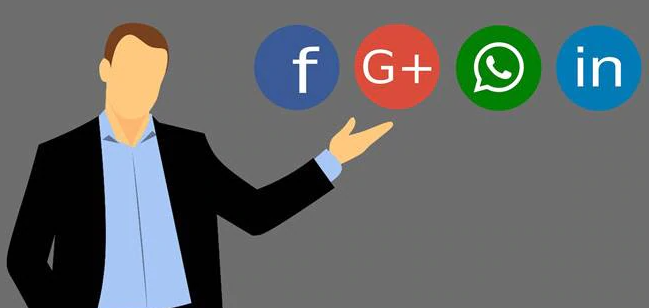Restrictions on online speech should be reasonable in every sense. Else, cyberspace will lose its most distinguishing feature — that it is an arena where individual liberties can be exercised without fear or favour.
This latest imbroglio over political speech shared on social media has wider ramifications than meets the eye. Indian commentators often invoke former United States President Donald Trump’s executive order on online censorship and dub social media platforms as the “21st century equivalent of the public square”. There is indeed a strong case to be made for this assertion — given the scale and ubiquity of social media in India. Over 700 million people have access to broadband internet and nearly half-a-billion use these platforms to share diverse information, making India’s online sphere the largest democratic discussion board in the world. Equally, these inclusive characteristics challenge the monopoly of governments or private actors over censorship of online speech.
Section 69A of the IT Act gives the Centre powers to block public access to any information available online. An emergency provision under this section, which was reportedly invoked to issue orders to Twitter, also allows for “strict confidentiality” about complaints and requests received, and action taken by government to block such access. In other words, neither Twitter nor the government needs to provide citizens with a detailed rationale for content takedowns.
As a result, aggrieved users have limited judicial recourse since they are unable to access or understand such orders. This procedural opacity is comparable to the umpteen examples of unilateral takedowns of user-generated content by social media majors. The most prominent one was Twitter’s removal of Trump’s account last month, following the riots on Capitol Hill.
While “reasonable restrictions” under the Constitution limit the freedom of speech and expression in India, erroneous speech in public squares can redirect to truth only if participants are made aware of its falsehoods. In his famous thesis, On Liberty, John Stuart Mill argued that “all silencing of discussion is an assumption of infallibility”. The government or social media platforms, on refusing a hearing to an opinion, assume a position of absolute certainty. This runs contrary to the history of humankind, which is replete with examples of the fallibility of those who have the power to censor. The digital sphere is celebrated as an exceptional space for individual liberties. In the extant case, a compromise on free speech absolutism online should only be made through transparent and proportionate means. A detailed rationale for blocking information on social media must always be accessible to the public. The confidentiality of the blocking process under Section 69A sets a bad precedent. It stems from the presupposition that the average citizen is too immature to distinguish between good and evil. In doing so, it legitimises unilateral blocking of speech by private actors too. India should instead use this latest digital governance crisis to remedy its approach to social media regulation. Platforms must be made accountable through mandates for greater transparency in their content moderation practices and legal blocking provisions must be modernized to reflect a graded, citizen-centric approach.




